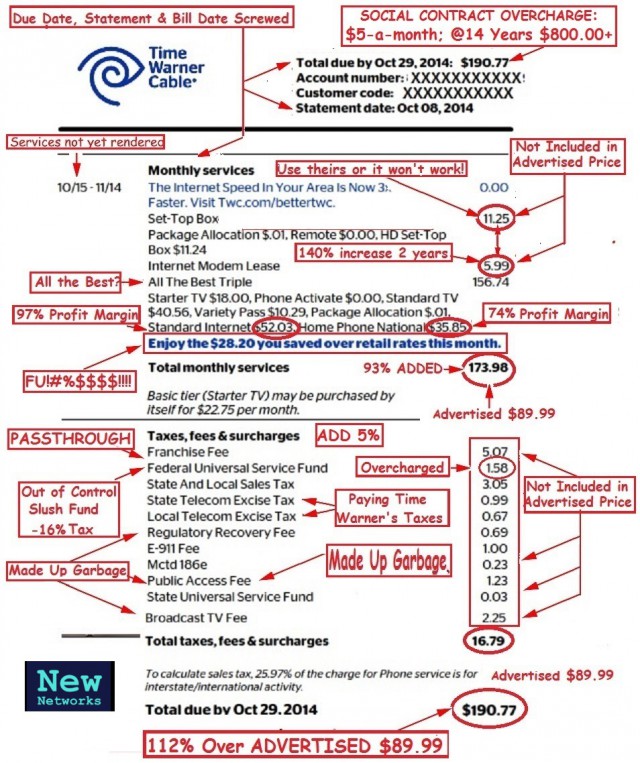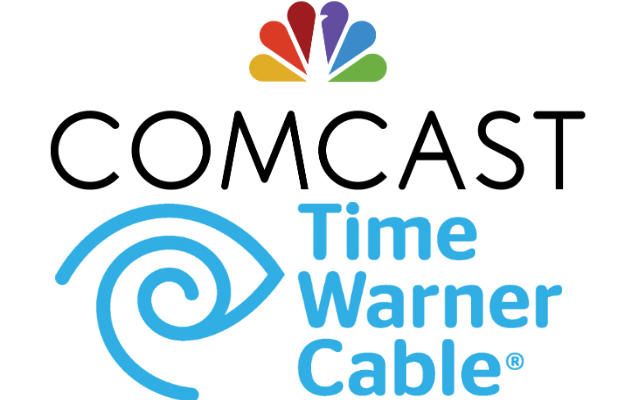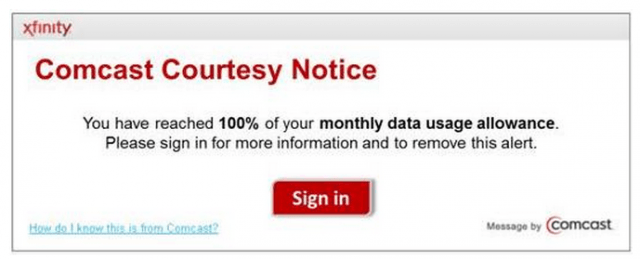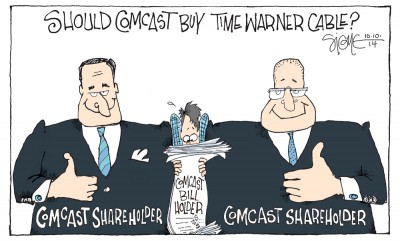 You negotiated for a better rate from Time Warner Cable and thought you were all set for another year or two, only to discover the promotion ended early or never got applied at all.
You negotiated for a better rate from Time Warner Cable and thought you were all set for another year or two, only to discover the promotion ended early or never got applied at all.
You are not alone.
We did some negotiating of our own back in February and thought we managed an agreement to cut our bill from $175 to $112 — a savings of $63 a month. Instead, the first bill under the new rate was $150.
 “You’d be surprised how many people never bother to pursue reneged on promotions like this,” said Sam Tremblay, a telecommunications bill analyst for a major regional supermarket chain.
“You’d be surprised how many people never bother to pursue reneged on promotions like this,” said Sam Tremblay, a telecommunications bill analyst for a major regional supermarket chain.
Tremblay analyzes his employer’s telephone, broadband, and wireless bills that total close to $100,000 a month. He says he saved his employer over $50,000 in 2014 finding billing errors and getting companies to deliver on the rate promises made by salespeople.
“What a salesperson or customer service representative promises and what is actually compatible with their billing system are often two different things,” Tremblay tells us. “You are most at risk of billing errors when making changes to your account, especially if those changes involve a billing credit or special discount.”

Did you get what you were promised? (Image: Bruce Kushnick)
He explains that many billing systems are not tied directly to call center employees offering promotions or, in our case, customer retention offers. If an employee attempts to apply a promotion the customer was not entitled to receive, or one that had expired by the time it was processed by the billing system, it is typically rejected.
The latter is what happened to us, despite initially seeing the promotion applied.
Time Warner Cable often generates a temporary “virtual” mid-cycle bill available for review online when significant changes are made to your account. We were able to see the promotion correctly applied to this temporary “bill” but it was gone by the time the official bill was mailed. By the time we noticed it, a second inaccurate bill was ready to be processed.
Other customers have found their promotions canceled or unfulfilled, especially when the offer involved a high value gift card, tablet, or other electronics. As we reported earlier, fighting for a rebate card or tablet is often a waste of time. It is typically better to request a bill credit equal to the value of the gift card or promotional item because Time Warner relies on a third-party to fulfill those offers and getting an exception made to a rebate/offer rejection is extremely time-consuming and often fruitless. Use the savings from a substantial bill credit to buy your own tablet.
“A lot of customers just don’t bother to pursue things like this, believing they were bait and switched by customer service, have no recourse, and chalk it up as another reason to hate the cable company,” said Tremblay.
Not us. We pursued the mysterious disappearing promotion with Time Warner’s social media team who forwarded the complaint to the nearest regional office and we received a call early this morning with an apology.
It turned out Tremblay had figured out the problem before Time Warner Cable.
The retention promotion we were offered on Feb. 27 expired Feb. 28 — a Saturday. By the time the account changes were processed by Time Warner’s billing system the following Monday, the promised promotion could no longer be applied, hence a $150 bill instead of $112.
To resurrect the promised promotion, the Time Warner representative placed us on the next best valid promotion — $130 a month, and before we could complain about the $18 difference, also offered a $275 credit making up for overpayments already made and ensuring the two offers are financially equal.
Tremblay said such errors are usually unintentional, especially when there is lag time between the first customer contact and the date a company’s systems are updated with the changes.
“If a company’s call center or customer-facing system is not directly tied with the billing system, it is easy to apply a credit or promotion the customer isn’t entitled to receive based on the rules programmed into the billing system,” Tremblay said. “Once the change is received by the billing system, it rejects it.”
He added the mistake Time Warner Cable made was not following up after the promotion was rejected, correcting it before an unexpected higher bill was generated.
“A customer should not have to call a second time to get a provider to live up to its original commitment, but it happens all the time,” he said. “In my experience, 80% of billing errors are in their favor, 20% in ours.”


 Subscribe
Subscribe
 Comcast customer service horror stories reached a level unparalleled by other cable companies when a Comcast
Comcast customer service horror stories reached a level unparalleled by other cable companies when a Comcast  N.Y. State Assembly Leader Joe Morelle: “The combination of Comcast and Time Warner Cable will create a world-class communications, media and technology company to help meet the increasing consumer demand for advanced digital services on multiple devices in homes, workplaces and on-the-go.”
N.Y. State Assembly Leader Joe Morelle: “The combination of Comcast and Time Warner Cable will create a world-class communications, media and technology company to help meet the increasing consumer demand for advanced digital services on multiple devices in homes, workplaces and on-the-go.” David Cohen, executive vice-president, Comcast: “The combination of Comcast and TWC will create a world-class communications, media, and technology company to help meet the insatiable consumer demand for advanced digital services on multiple devices in homes, workplaces, and on-the-go.”
David Cohen, executive vice-president, Comcast: “The combination of Comcast and TWC will create a world-class communications, media, and technology company to help meet the insatiable consumer demand for advanced digital services on multiple devices in homes, workplaces, and on-the-go.”
 Last May, Comcast vice president David Cohen emphatically stated usage caps and usage-based billing were all about “fairness,” telling investors: “People who use more should pay more, and people who use less should pay less.”
Last May, Comcast vice president David Cohen emphatically stated usage caps and usage-based billing were all about “fairness,” telling investors: “People who use more should pay more, and people who use less should pay less.”

 Californians get a reprieve from the menacing Comcast-Time Warner Cable merger with an announcement from the California Public Utilities Commission it is putting further consideration of the merger deal on hold until later this spring.
Californians get a reprieve from the menacing Comcast-Time Warner Cable merger with an announcement from the California Public Utilities Commission it is putting further consideration of the merger deal on hold until later this spring.